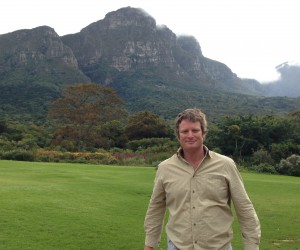The world of renewable energy has never been more exciting in South Africa, with a plethora of new solar and wind projects springing up, and predictions of 50% green energy in the coming years – there is cause for positive thinking.
The northern Cape has been on the receiving end of a lot of development in solar and wind over the last three years. It really does tick all the boxes, with scorching heat and solar potential twice that of solar giants Germany, together with good winds in places. Land is also cheap and plentiful, with the only minor pollution coming from airplanes flying over at 30k feet.
Some experts have suggested that if we had all of our eggs in the solar basket, instead of coal, we would not be experiencing the outages that many have endured during load-shedding.
One should also not place too much emphasis on the public sector to sort out all of the countries supply needs. If you look at the German example again, a lot of their solar is based in cities, with businesses and private individuals taking on more responsibility for their energy needs.
With the amount of wasted roof space in our cities, South Africans are missing a golden opportunity. If every skyscraper in the CBD had their roof full of panels it could easily power the entire building during day office hours, and feed back any spare electricity back to the grid, while reducing pollution.
The same could be done for residential, as the technology becomes cheaper and electricity becomes more expensive, it is only a matter of time before more people make the switch.
This would have a knock-on effect for job creation and skills development. Firstly, we need to be able train people to install solar and wind. It is not something you pick-up overnight and greater attention needs to be paid in that regard to avoid some of the problems we have seen with the solar geyser project, which has had its fair share of bumps in the road, with some residents complaining about the reliability of the system from the get go, together with rebate problems. Some of the negativity from that project still surrounds solar PV energy, which is a different technology altogether.
From a solar manufacturing perspective it is interesting that China is the main producer of renewable technologies, but is nowhere near the biggest user per capita. Solar is more about a manufacturing base than an attempt to clean up their dire city smog situation. With all that smog – would solar panels even work? A topic for next time.
Fair well
Gregory Simpson










